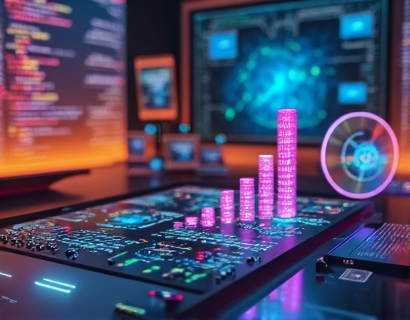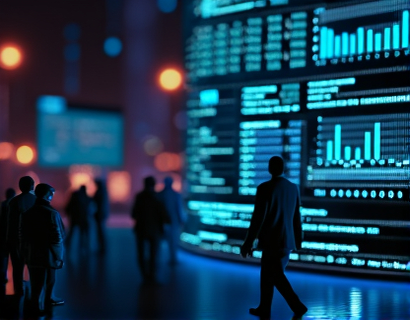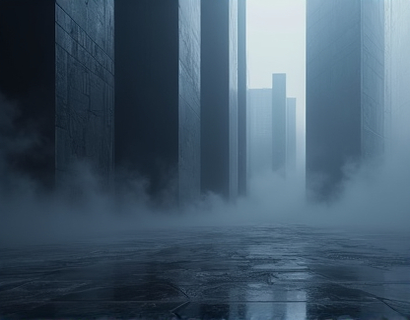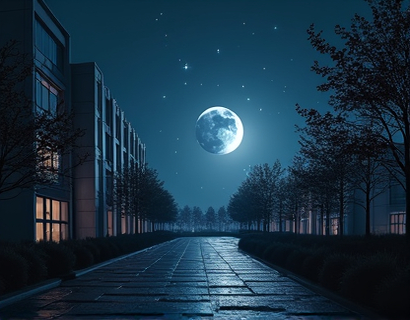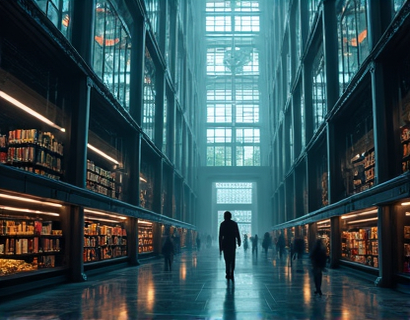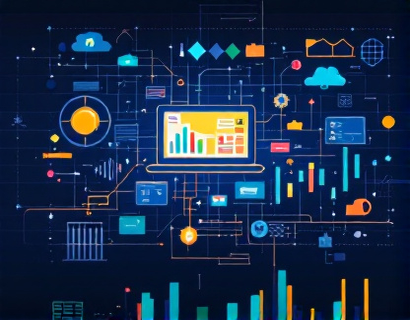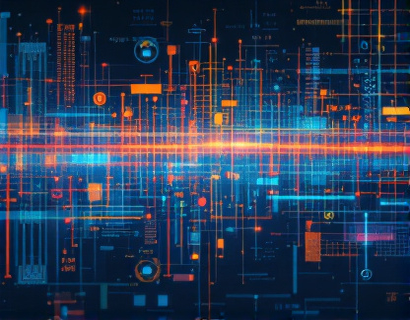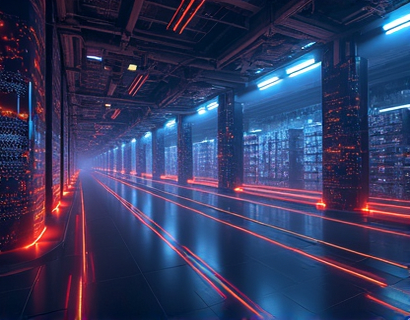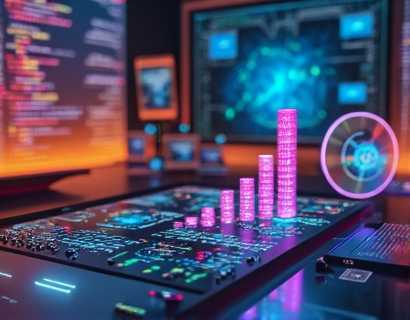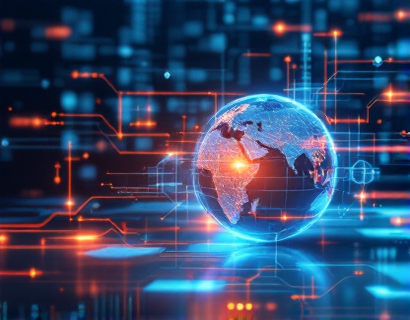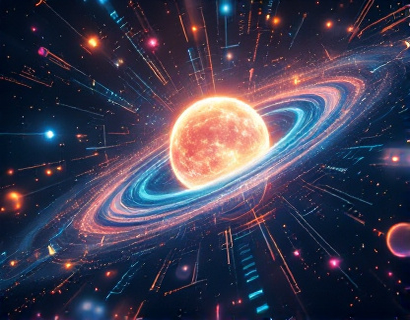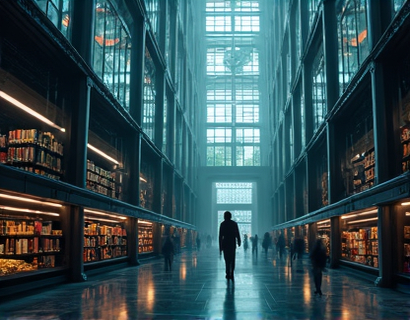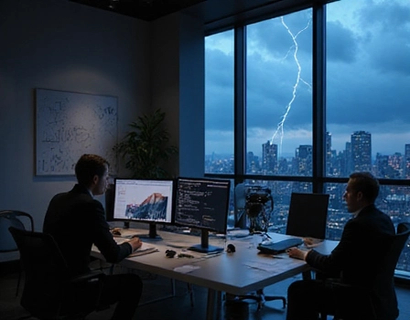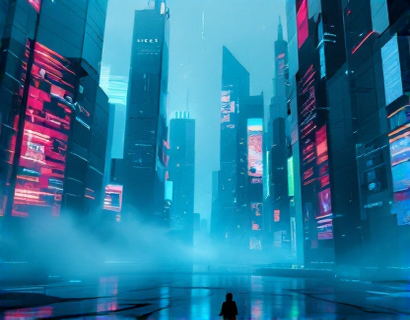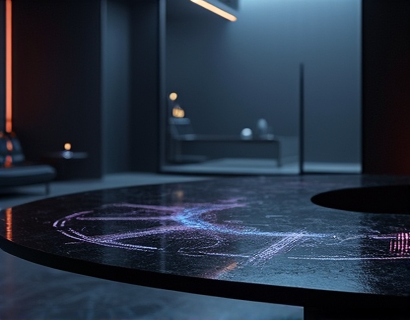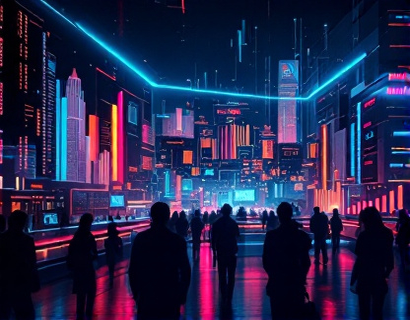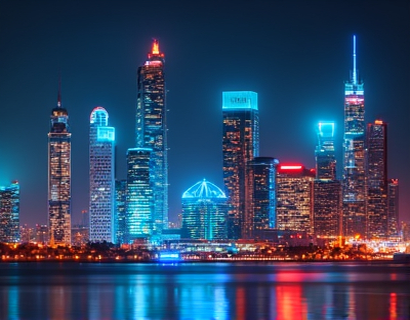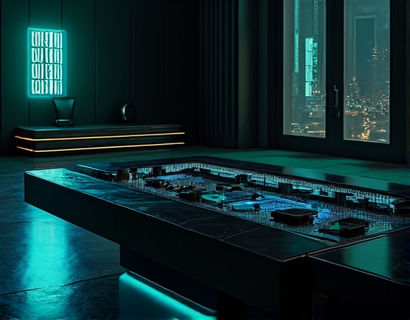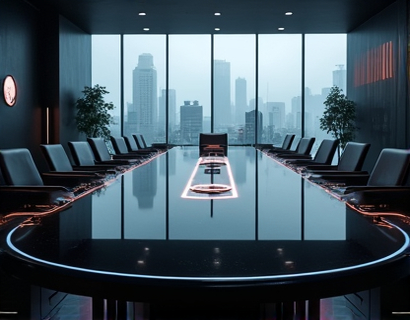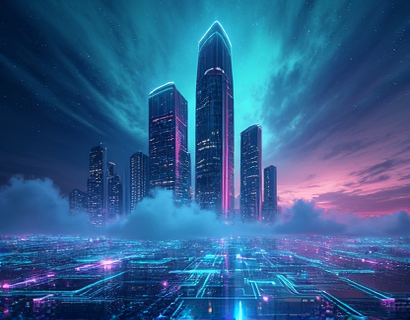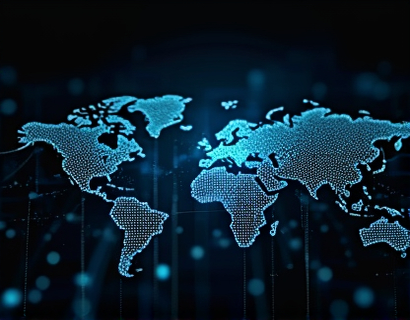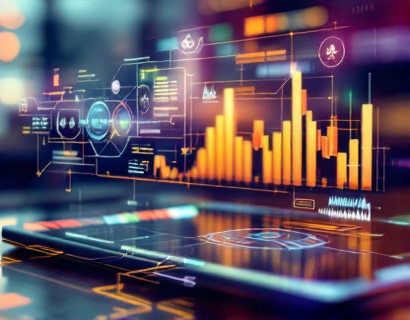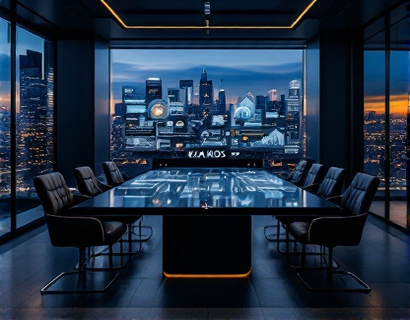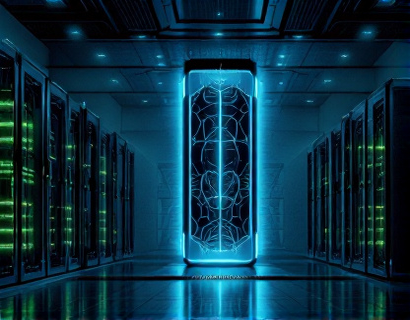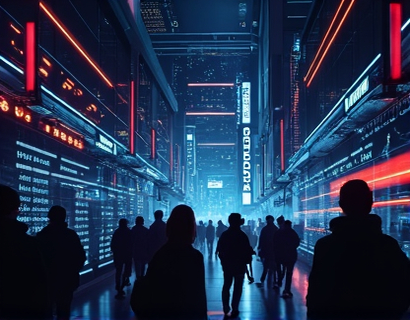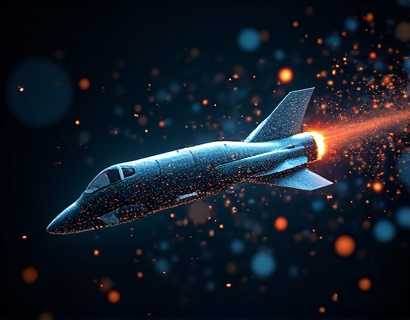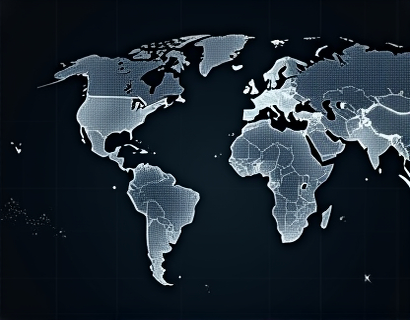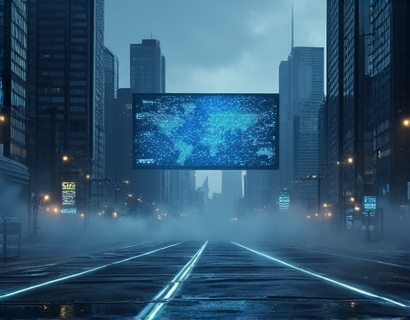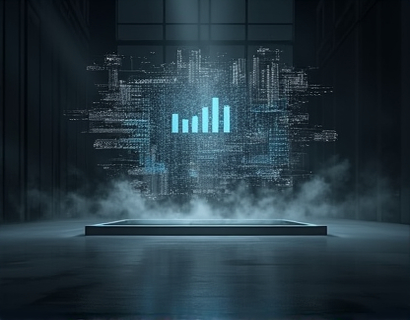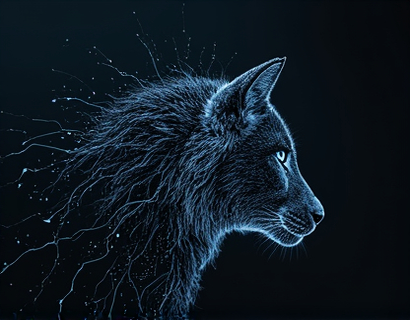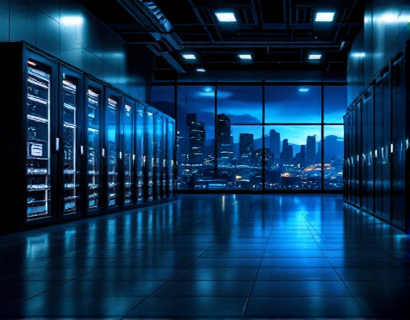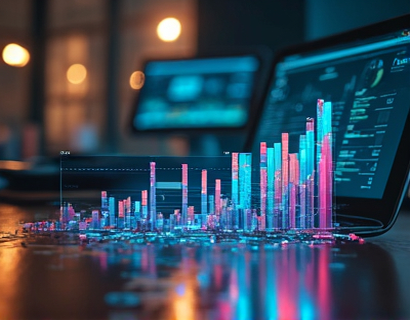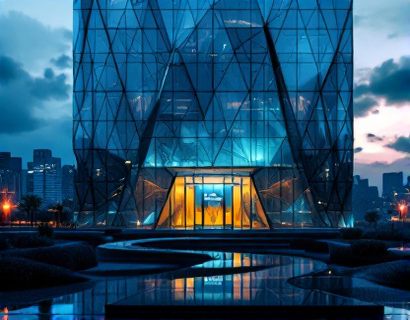AI-Powered Creativity Revolution: Transforming Film, Music, and Gaming with Advanced Technology Solutions
The entertainment industry is undergoing a profound transformation driven by the integration of artificial intelligence (AI) technology. This revolution is not just about enhancing the final product but fundamentally changing the creative process itself. AI-driven solutions are now at the forefront, offering unprecedented opportunities for filmmakers, musicians, and game developers to push the boundaries of creativity, optimize production workflows, and streamline project management. This article delves into how these advanced technologies are setting new industry standards and revolutionizing the way creative professionals work.
Enhancing Creativity with AI
Creativity is the lifeblood of the entertainment industry, and AI is proving to be a powerful ally in this domain. In film, AI algorithms can analyze vast amounts of data to suggest innovative storylines, character developments, and even visual effects. For instance, AI can generate alternative endings or scenes by learning from successful films and identifying patterns that resonate with audiences. This capability allows directors and writers to explore new narrative possibilities they might not have considered otherwise.
In music, AI composes melodies, harmonies, and even entire tracks, collaborating with human musicians to create unique and compelling soundscapes. AI tools can analyze the works of legendary composers and produce pieces that mimic their styles while introducing fresh elements. This synergy between human creativity and AI's computational power opens up new avenues for artistic expression and innovation.
In gaming, AI is used to generate dynamic and responsive game worlds. Procedural content generation powered by AI can create vast, intricate environments that adapt to player actions, ensuring a unique experience each time the game is played. AI-driven NPCs (non-player characters) exhibit more realistic behaviors and decision-making, enhancing immersion and engagement. These advancements not only enrich the gaming experience but also inspire developers to think beyond traditional design constraints.
Optimizing Production Processes
The production phase in film, music, and gaming is notoriously complex and time-consuming. AI technology is streamlining these processes, making them more efficient and cost-effective. In film production, AI assists in scheduling, resource allocation, and budget management. By analyzing historical data and current project requirements, AI can optimize shooting schedules, reducing downtime and ensuring that resources are used efficiently. This leads to faster production times and lower costs, allowing studios to take on more ambitious projects.
In music production, AI tools automate tedious tasks such as sound mixing and mastering. These tools can analyze audio files and apply the best settings based on the genre and desired outcome, saving time and ensuring consistent quality. AI-driven plugins can also assist in composing and arranging music, providing suggestions that enhance the creative process without overpowering the artist's vision.
In gaming, AI plays a crucial role in level design and asset creation. AI algorithms can generate levels that are both challenging and engaging, adapting to the player's skill level in real-time. This not only saves time for developers but also ensures a more personalized and enjoyable experience for players. Additionally, AI can automate the creation of textures, models, and animations, reducing the workload on artists and allowing them to focus on more creative aspects of game development.
Streamlining Project Management
Project management is a critical aspect of any creative endeavor, and AI is revolutionizing how projects are planned, executed, and monitored. In the film industry, AI-powered project management tools can integrate with existing workflows to provide real-time insights and predictions. These tools analyze data from various stages of production, identifying potential bottlenecks and suggesting corrective actions. This proactive approach helps keep projects on track and within budget.
For music projects, AI-driven project management solutions can track the progress of multiple tracks and collaborators, ensuring that deadlines are met and quality standards are maintained. These tools can also facilitate communication among team members, reducing misunderstandings and improving collaboration. In the fast-paced world of music production, where deadlines are tight and creativity is paramount, such tools are invaluable.
In gaming, AI enhances project management by predicting player behavior and optimizing game updates. By analyzing player data, AI can identify which features are most engaging and suggest improvements or new content to keep players interested. This data-driven approach ensures that games remain relevant and popular, extending their lifecycle and maximizing return on investment.
Setting New Industry Standards
The integration of AI in film, music, and gaming is not just about improving existing processes; it is about setting new industry standards. As these technologies become more sophisticated, they are redefining what is possible in creative production. For instance, AI-generated visual effects in films are now reaching a level of realism that is indistinguishable from live-action shots. This has raised the bar for visual quality and opened up new possibilities for special effects artists and directors.
In music, AI-composed tracks are gaining recognition and even winning awards, challenging the traditional notion of what constitutes "human" creativity. This shift is prompting the industry to reconsider the role of AI in the creative process and how it can be ethically integrated into the workflow. The music industry is at a crossroads, balancing the benefits of AI with the value of human artistry.
In gaming, AI-driven narratives and dynamic worlds are setting new benchmarks for immersion and interactivity. Games that adapt to player choices and behaviors are becoming the norm, pushing the boundaries of what a video game can be. This evolution is not only enhancing player experiences but also inspiring developers to innovate and experiment with new gameplay mechanics and storytelling techniques.
Challenges and Considerations
While the benefits of AI in creative industries are undeniable, there are challenges and considerations that must be addressed. One major concern is the potential displacement of jobs. As AI takes on more routine and repetitive tasks, there is a risk that some roles may become obsolete. However, AI also creates new opportunities for jobs that focus on overseeing and enhancing AI-driven processes, requiring a different set of skills and expertise.
Another consideration is the ethical use of AI. Ensuring that AI-generated content respects copyright laws and does not infringe on intellectual property is crucial. The entertainment industry must establish clear guidelines and regulations to govern the use of AI, balancing innovation with ethical responsibility.
Additionally, there is a need for continuous education and training to help creative professionals adapt to these new technologies. Workshops, online courses, and industry conferences can play a vital role in equipping artists, musicians, and developers with the knowledge and skills needed to leverage AI effectively.
Conclusion
The AI-powered creativity revolution is transforming the film, music, and gaming industries in profound ways. By enhancing creativity, optimizing production processes, and streamlining project management, AI is setting new industry standards and opening up exciting possibilities for the future. As these technologies continue to evolve, creative professionals must embrace them, not as replacements, but as powerful tools that augment their abilities and inspire new forms of artistic expression. The journey ahead is both challenging and exhilarating, promising a future where human creativity and AI innovation coexist and thrive.



